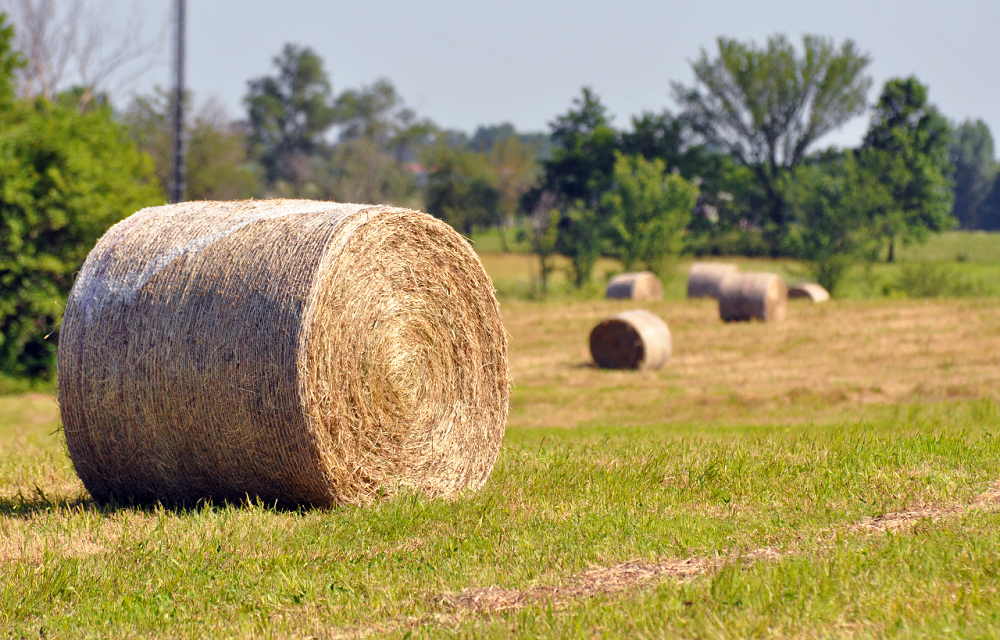To farmers and ranchers, it seems like agriculture gets more than its share of blame for whatever problem grabs headlines. Climate and, more specifically, greenhouse gas emissions, are no exception.
According to the U.S. Environmental Protection Agency, agriculture’s share of total U.S. emissions is about 10 percent. This is less than half of those attributed to transportation, electric power or industry.
These numbers do not even reflect the capture of carbon largely on farmland and forestland, which offset total U.S. emissions by more than 12% in 2019. Factoring in the increase in U.S. agricultural productivity estimated by the U.S. Department of Agriculture (USDA), per-unit emissions have actually declined since 1990. In other words, not only is American agriculture producing more with less, but emissions from crop production per bushel and livestock production per pound are decreasing.
Emerging technology is making precision agriculture more practical and affordable, leading to even greater production efficiency. A report by the Farm Journal Foundation identifies precision agriculture as especially beneficial where soil type and slope varies within fields — conditions quite familiar to Missouri producers.
Incentive programs are increasing adoption of conservation practices that improve carbon capture and fertilizer management, such as no-till and cover crops. In Missouri, cover crop acreage more than doubled in just five years to nearly 850,000 acres in 2017.
During our Commodity Conference last week, University of Missouri Agricultural Economist Ray Massey discussed the positive impacts of newer farming methods. He has found that Missouri farmers’ usage of cover crops, conservation tillage and other practices are already significantly reducing carbon emissions. According to Massey’s research, the reduction is roughly the same as taking one-fourth of Missouri’s cars off the road.
USDA has coined the term “climate smart” for practices that decrease greenhouse gas emissions and increase soil’s capacity as a carbon sink. It’s just a new term for what farmers and ranchers have been doing for decades as responsible stewards seeking better ways to tend to their land, crops and livestock.
With global challenges, there’s plenty of blame to go around. When it comes to climate policy, Missouri agriculture has a good story to tell. We as farmers must be at the table – not as the problem, but as experienced problem solvers.
Editor’s note: This is part two of a multi-part series surrounding climate policy. Contact Eric Bohl, Director of Public Affairs and Advocacy, to schedule President Hawkins for an interview on this topic.


